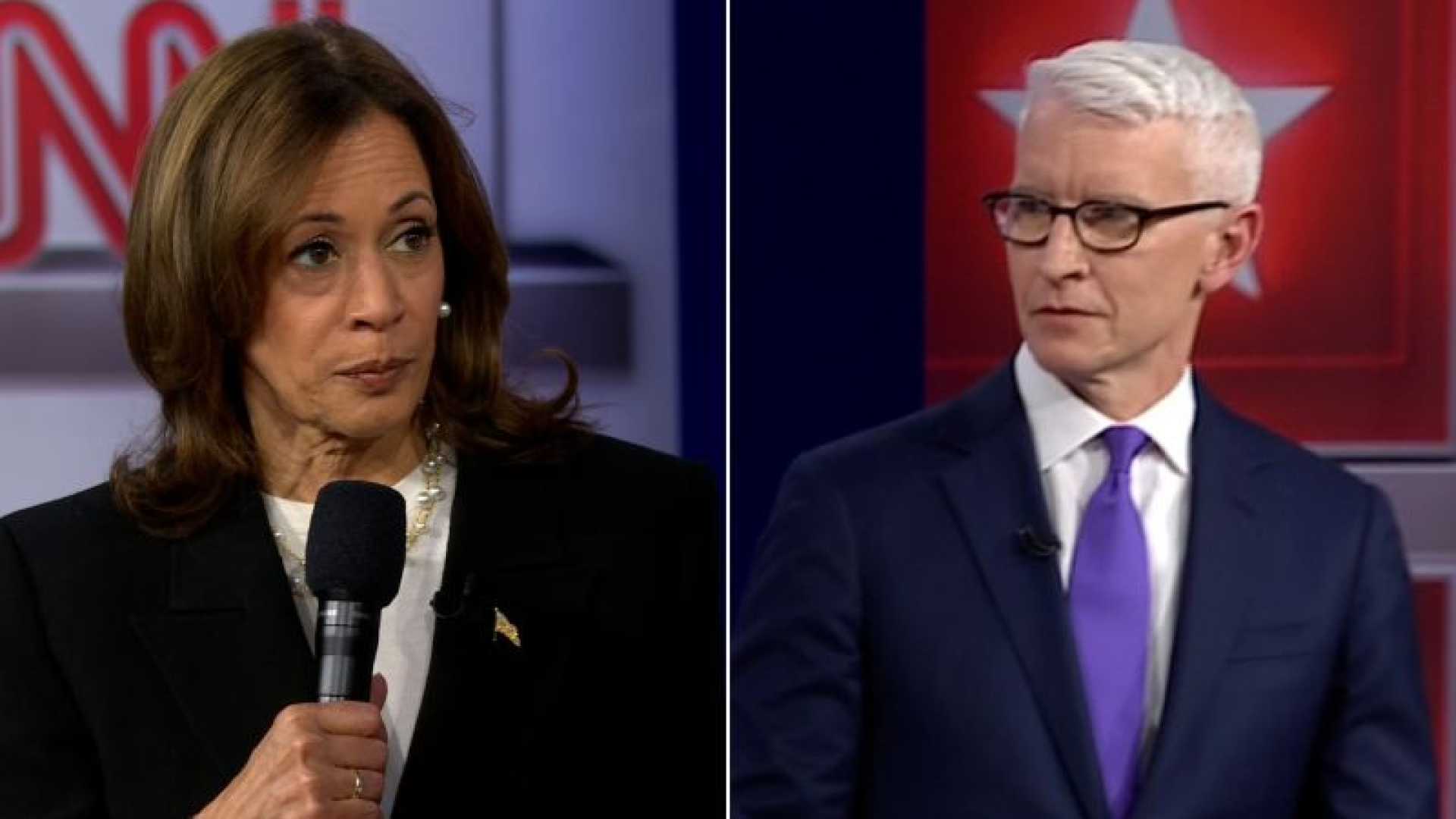Politics
Harris Calls Cooper a ‘Motherf—–‘ After Tough Interview

Washington, D.C. — Vice President Kamala Harris expressed frustration toward CNN anchor Anderson Cooper after a challenging interview regarding President Joe Biden‘s debate performance against former President Donald Trump. The incident, revealed in a new book titled “Original Sin” by Jake Tapper and Alex Thompson, took place following the June 2024 debate.
During the interview, Cooper addressed Democratic lawmakers’ criticisms of Biden’s performance, with some describing it as a “disaster” and a “train wreck.” In response, Harris defended Biden, stating, “People can debate on style points, but ultimately, this election and who is the president of the United States has to be about substance.”
The interview took a tense turn when Cooper questioned Harris about Biden’s cognitive health, referencing their past debate where Biden’s performance was noticeably different. Harris rebuffed concerns about Biden’s abilities, emphasizing, “I’m talking about three-and-a-half years of performance in work that has been historic.”
However, after the interview, Harris reportedly called Cooper a “motherf—–” to her colleagues, expressing her dissatisfaction with how she felt she was treated as the vice president. “This motherf—– doesn’t treat me like the damn vice president of the United States,” she was quoted as saying, according to the book.
Cooper’s persistent questioning, which reflected national concerns, left Harris visibly angry. “I’m not going to spend all night with you talking about the last 90 minutes when I’ve been watching the last three-and-a-half years of performance,” she snapped at Cooper during the interview.
The revelations in “Original Sin” shed light on the intense pressures faced by Biden and his administration as they navigate public scrutiny regarding his mental sharpness. The book documented not only the fallout from the debate but also Biden’s reliance on aides to manage his public appearances, as he dealt with health concerns that eventually led to his decision not to seek a second term.












